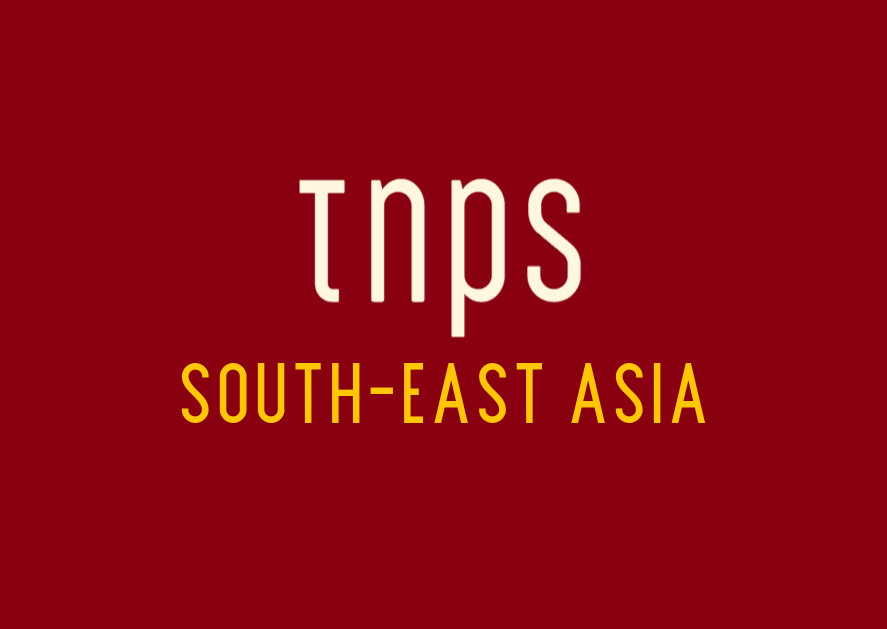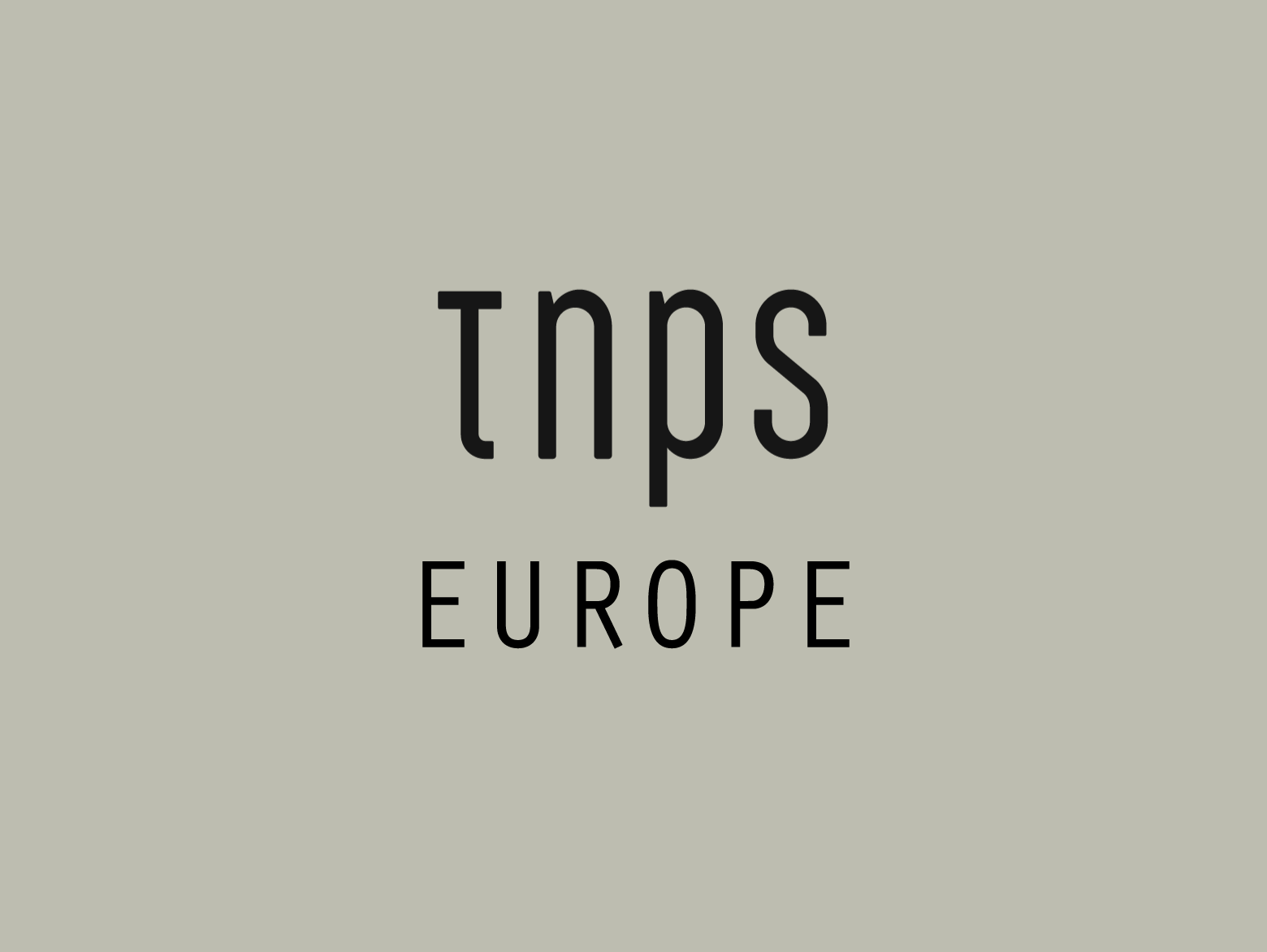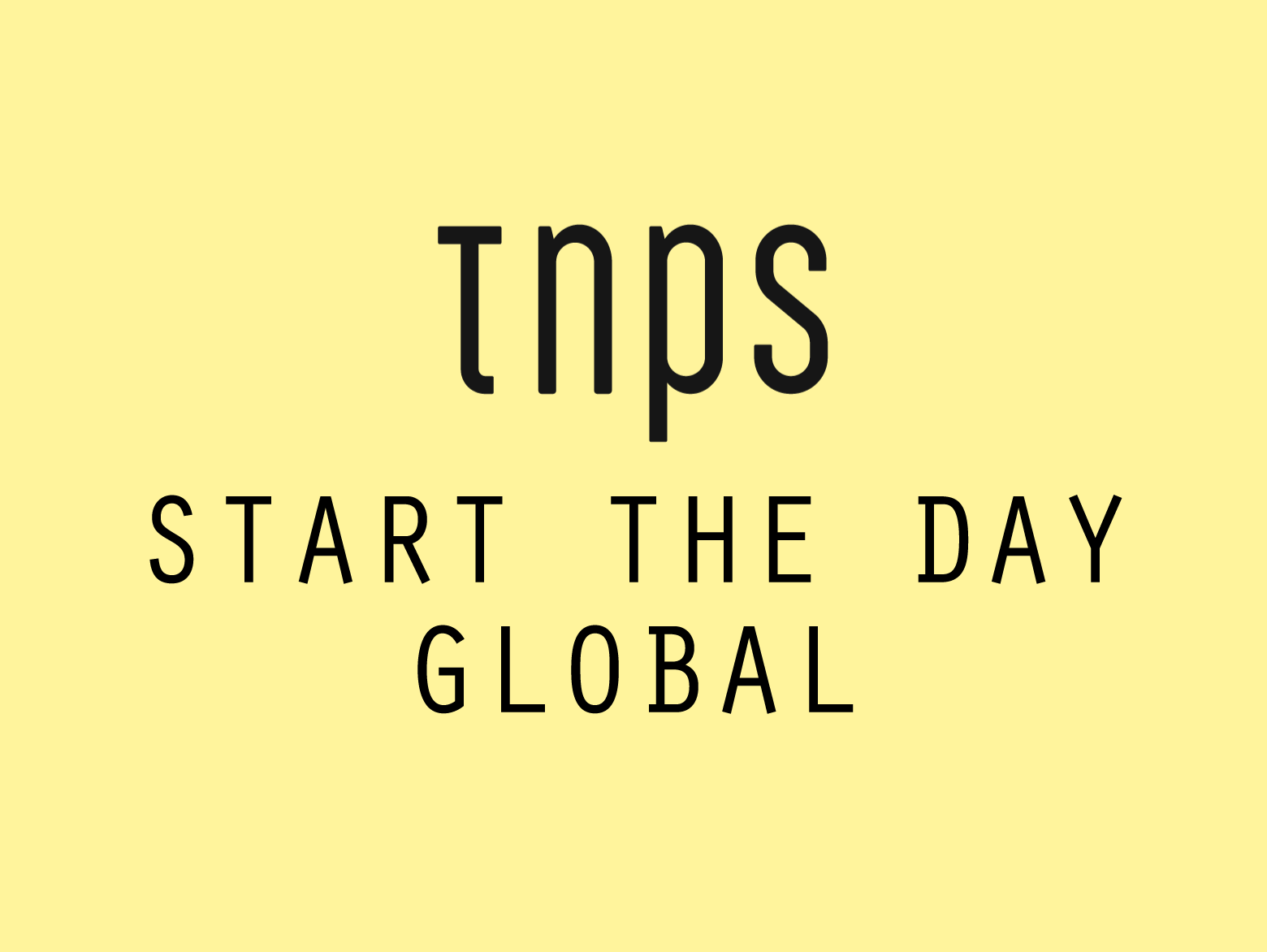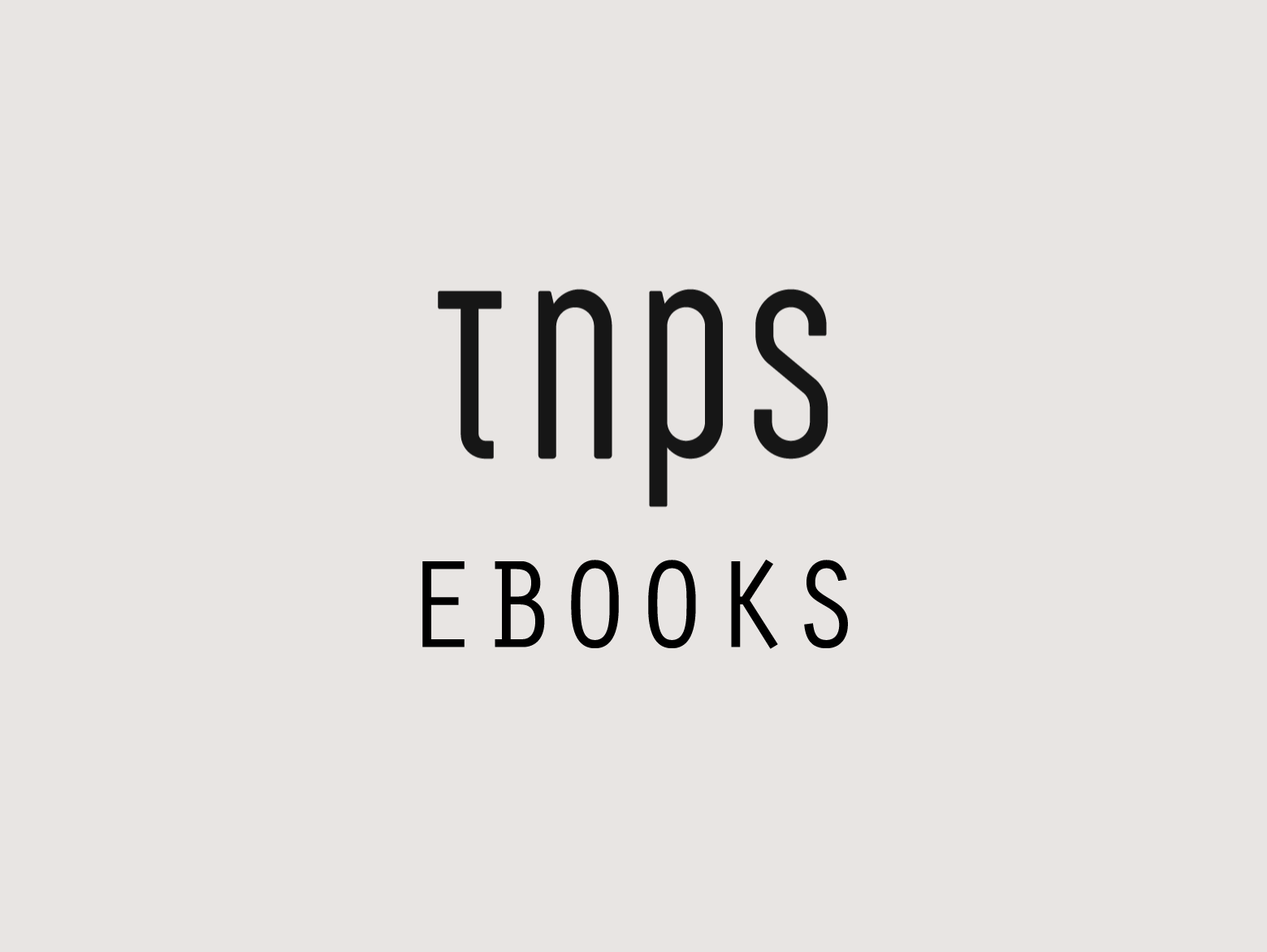This past week the coronavirus crisis saw the closure of Malaysia’s largest magazine publisher, BluInc Malaysia, the force behind local editions of global brands including Harper’s Bazaar Malaysia, CLEO Malaysia, Cosmopolitan and Home & Décor. But Covid-19 was simply the final nail in a coffin of BluInc’s own making as it steadfastly looked the other way during a decade of missed digital opportunity.
An internal memo obtained by Campaign Asia and reported in Malaysia’s Daily Express shows a company submerged by its own Luddite mentality.
We are in a period where there is little visibility on when we can see recovery from the economic turmoil resulting from the Covid-19 pandemic. Our business has already been under tremendous challenge from digital disruption over the past few years. While we have made increasing investment to build our digital capabilities, it is still unclear whether we have gained sufficient traction while the losses continue to increase. It is uncertain if we will be able to see any light at the end of the tunnel.
BlueInc’s parent company Singapore Press Holdings said in a statement,
(BlueInc’s) business has been declining over the past few years due to falling revenue and reduced circulation. With the onset of the Covid-19 pandemic, there is limited visibility as to the duration and extent of the impact on the magazines business in Malaysia.
What an admission of failure. Not the failure to ride out the pandemic. If there is blame there in the way the Malaysian government handled the crisis, that’s another story.
But the failure here is self-confessed by BlueInc:
Our business has already been under tremendous challenge from dital disruption over the past few years.
And reiterated by SPH:
(BlueInc’s) business has been declining over the past few years due to falling revenue and reduced circulation.
But instead of rising to the challenge and evolving a business model that embraced the advantages of digital alongside the traditions and rewards of the print model, BluInc Malaysia first looked the other way, then failed to take digital seriously.
It failed to see digital as an opportunity and instead saw it as a challenge. A threat. Something to ward off rather than embrace in a hybrid model.
Or to put it another way, BluInc chose to give consumers a simple choice. Our way or no way. Read the formats we want to give you, not the formats you want to read in. And then too little too late when it finally began to understand digital was what consumers wanted.
Consumers voted with their feet, while BluInc made token gestures towards digital instead of realising its full potential.
And when Covid-19 arrived BluInc had no safety net.
No Plan B.
No future.
It’s a pattern we’re seeing replicated around the globe as lockdown hits book, comic and magazine publishers alike, taking no prisoners, and leaving a trail of destruction where hybrid and digital-first operators stand the best chance of still being there when the smoke clears.





